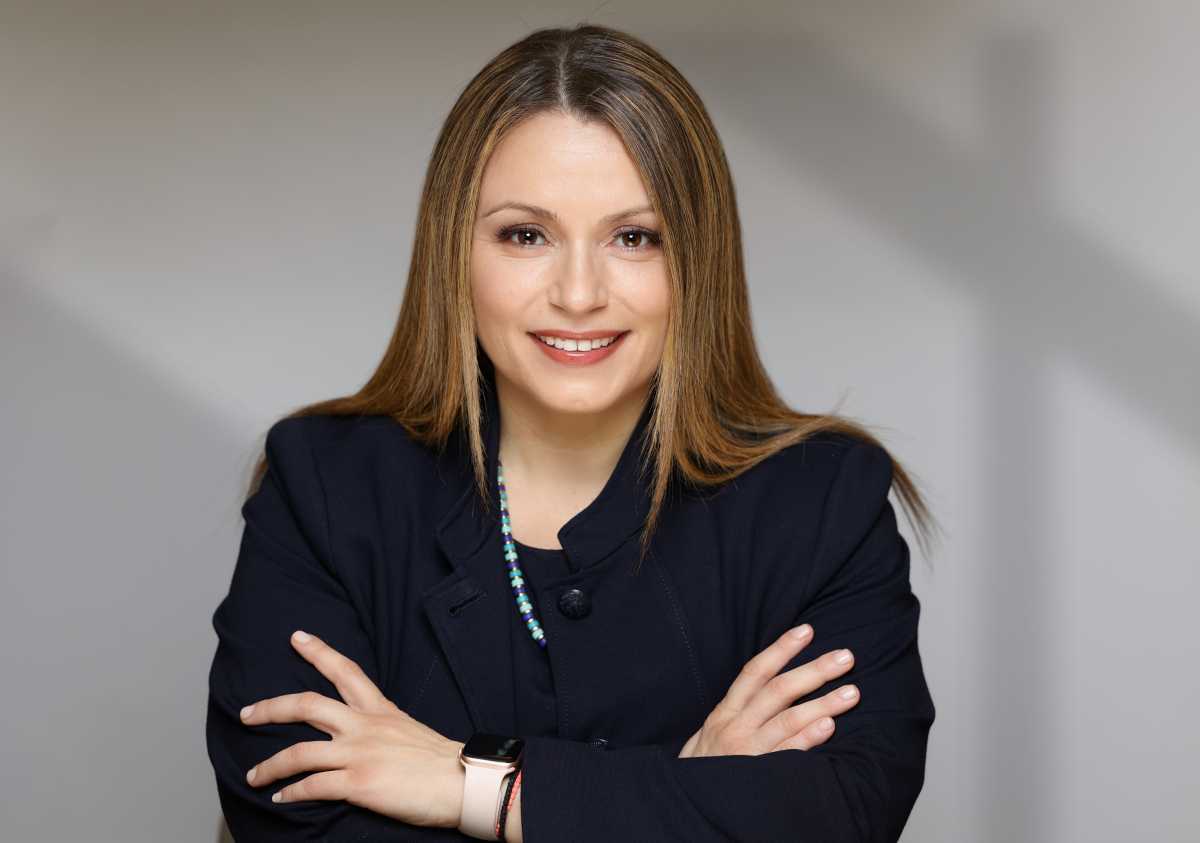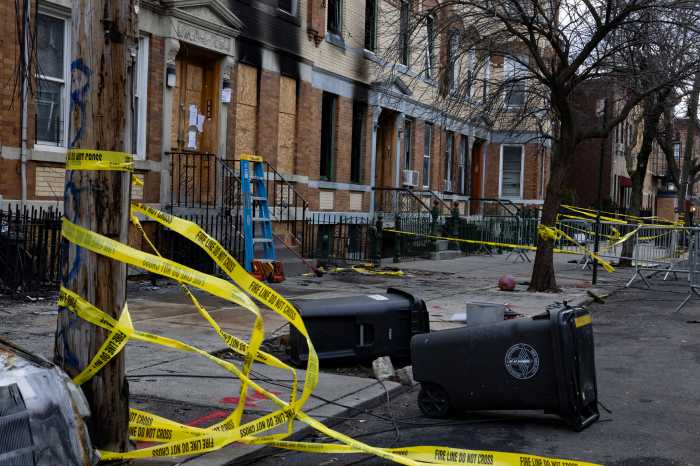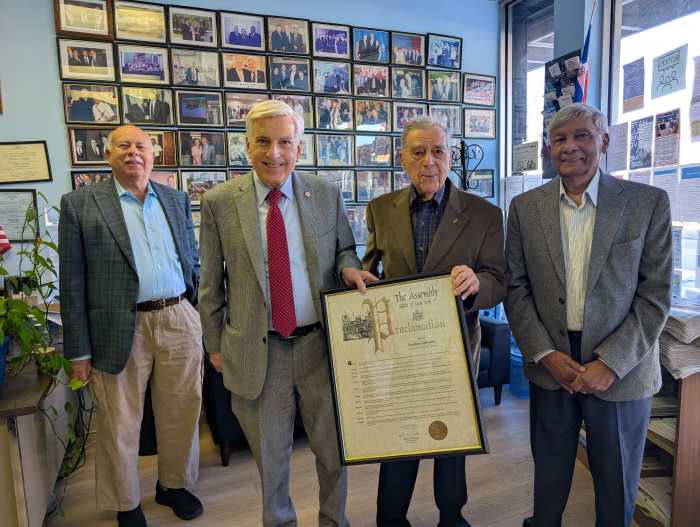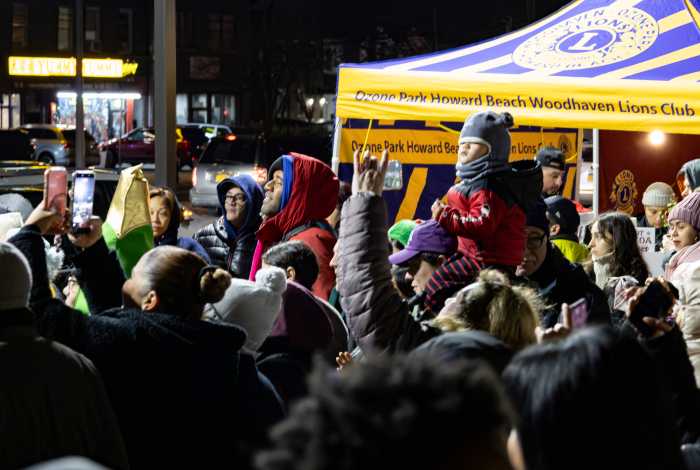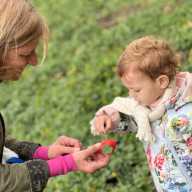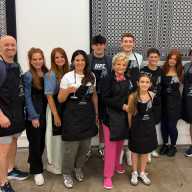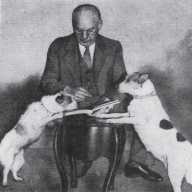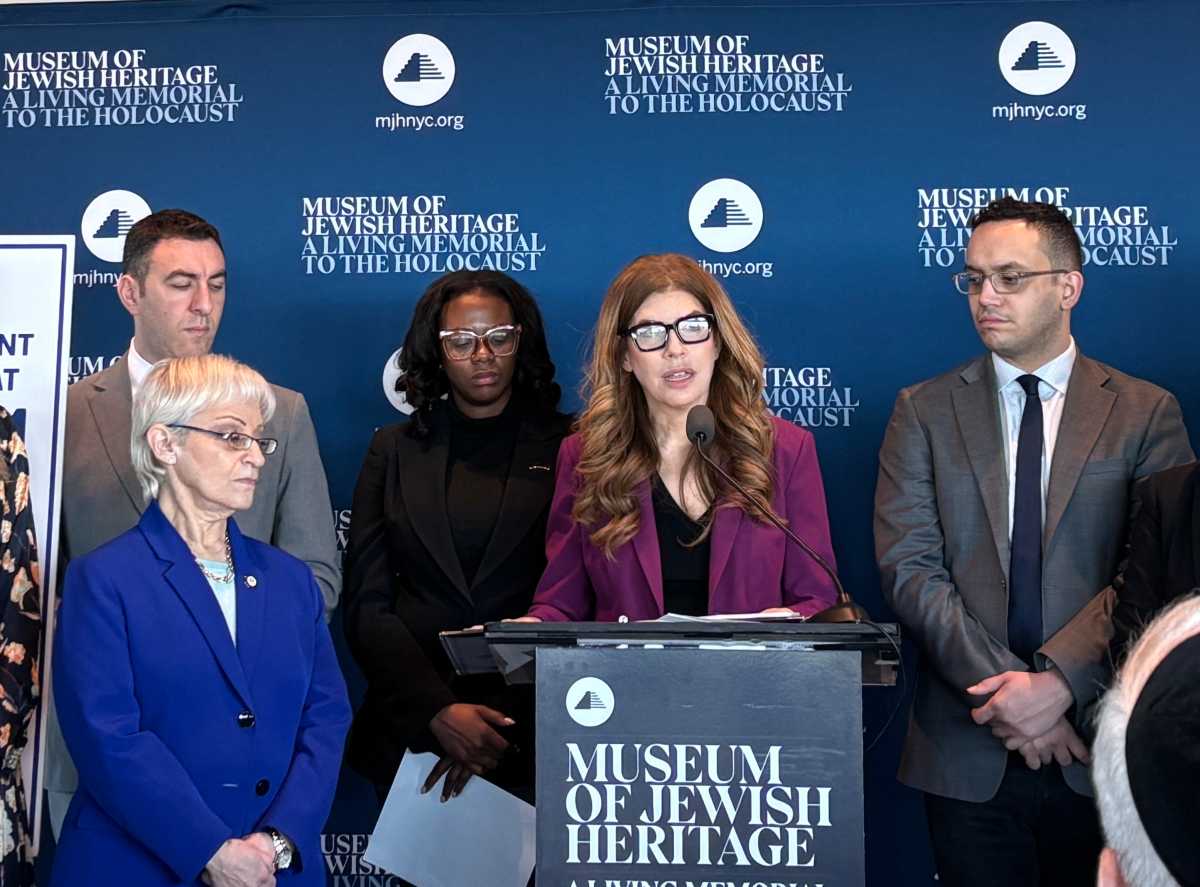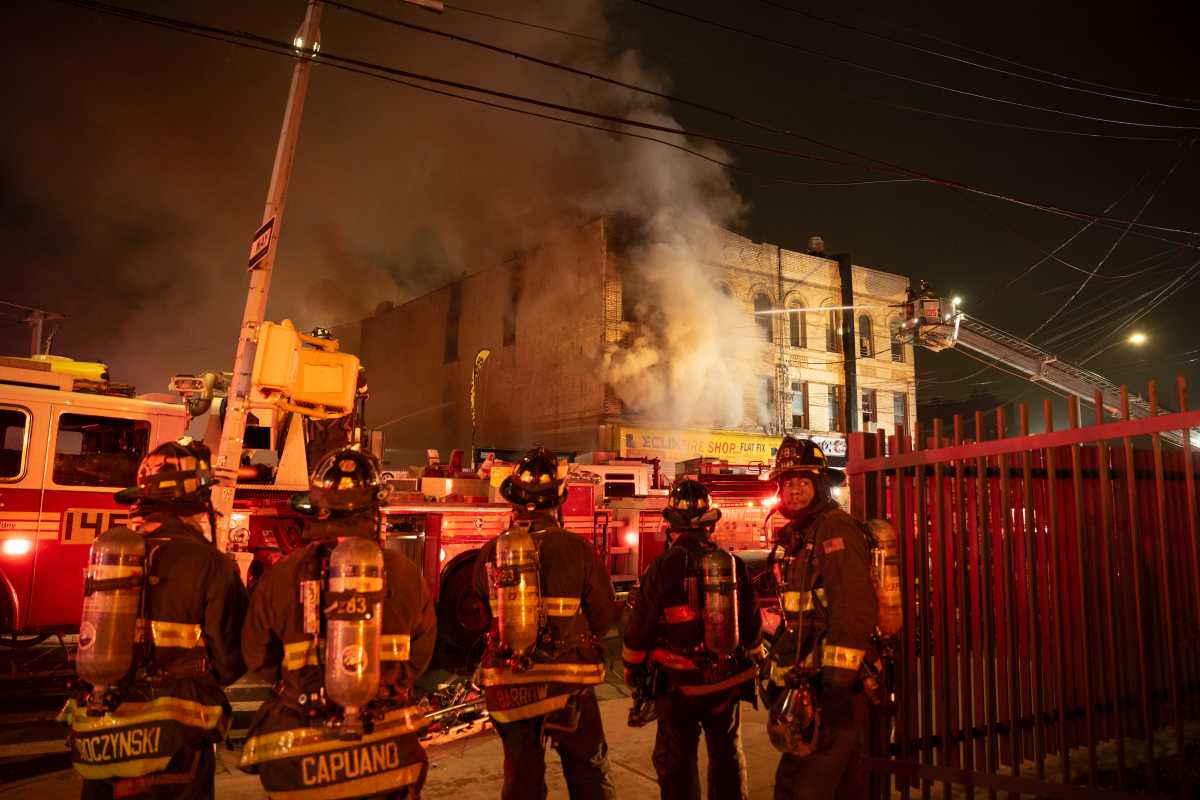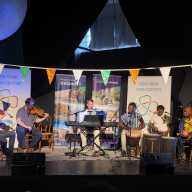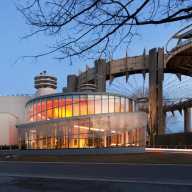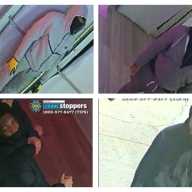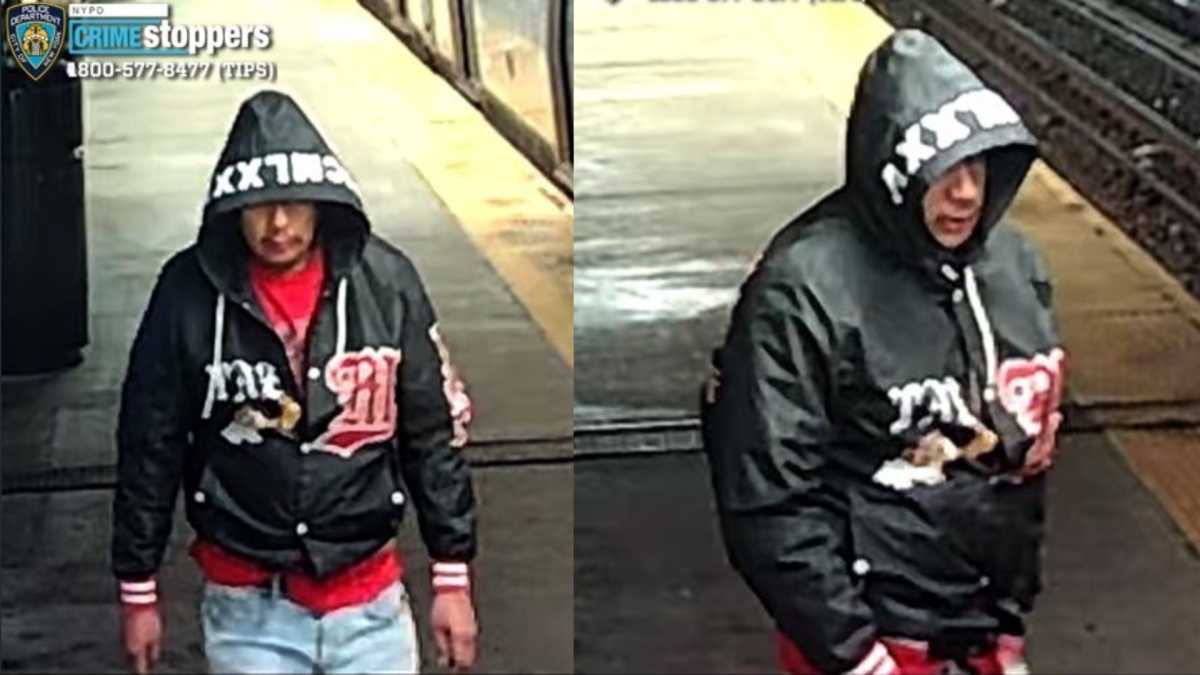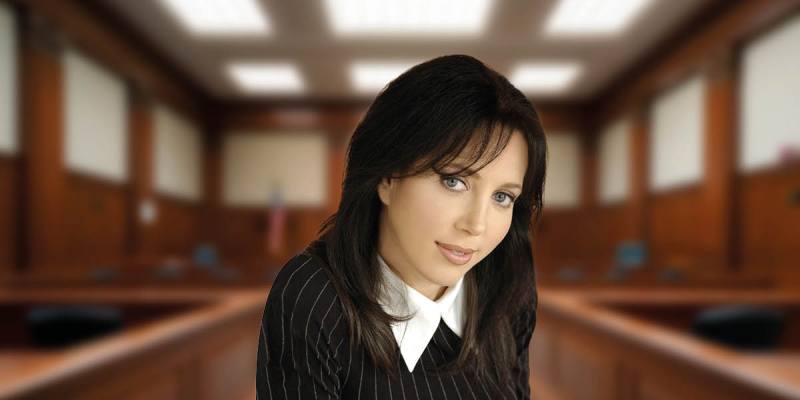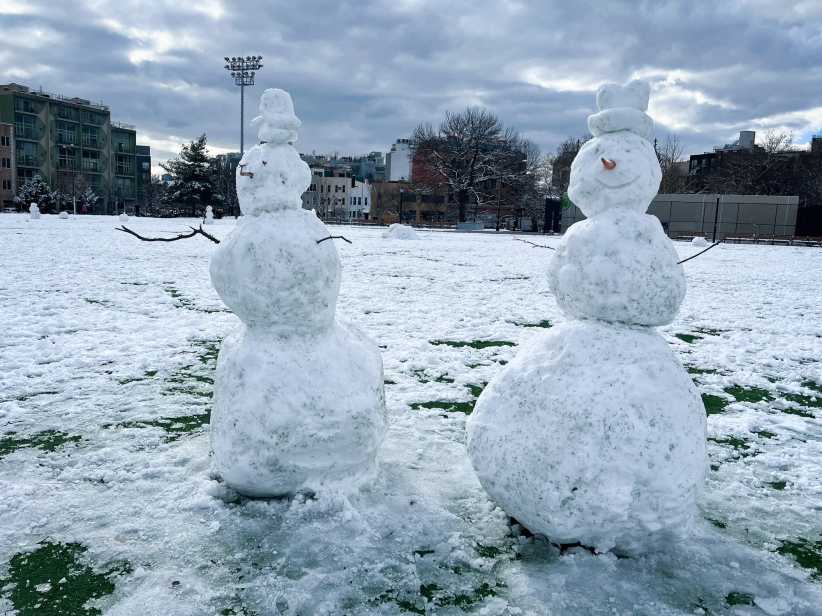Stacy Bliagos, executive director of HANAC, an Astoria-based Hellenic non-profit organization, spoke exclusively to QNS about the organization’s dedication to helping Queens’ most vulnerable residents.
Originally founded in 1972 by reporter George Douris, the Hellenic American Neighborhood Action Committee (HANAC) is a social services organization based out of Astoria that primarily supports low-income New Yorkers. Through the 1960’s Greek immigrants settled in the Astoria area resulting in an increased need for social services.
Douris recognized the substantial needs of the growing community and asked Mayor John Lindsay for funding to help local residents. Douris was awarded a planning grant of $75,000 to establish HANAC and distribute funding to the community. HANAC’s first office was established in 1972, and the organization conducted a community study of the Greek community in Astoria. The results revealed that many of the newly immigrated New Yorkers needed help learning English and required other social services, especially older residents. Therefore, HANAC submitted proposals for a senior center and soon after became an ESL language provider.
Today, HANAC is headed by Bliagos, and is a sprawling city-wide social service organization serving 30,000 New Yorkers of all backgrounds. The organization currently receives funding from city, state and federal agencies and provides an array of vital services to New Yorkers.
Bliagos started her career as an attorney and her ancestors are from Greece. Growing up in the city, she often heard about HANAC in passing. “I worked in the government. I worked for the NYC Human Resources Administration (HRA). When I worked at the HRA, the opportunity came up that they were looking for an executive director, and it intrigued me,” she said.
Bliagos jumped at the opportunity, saying she wanted to continue to help people beyond her job as a lawyer. “It allows me to work for an organization that provides life-saving services, different from necessarily being a lawyer, but I’m still helping people and I applied and I got the job,” she said. She highlighted many of the services HANAC provides for city goers, including youth programs, adult and family programs and senior services.
HANAC’s youth services primarily focus on students attending New York City elementary and middle schools, with additional support for children who attend a handful of private schools.
Students receive after school homework help, and extended after school activities that allow their parents to continue working into the evening. One of the bigger programs in HANAC’s youth category is the Summer Youth Employment Program (SYEP). The summer youth employment program is a citywide initiative geared toward young adults that matches them with employers throughout the summer months.
“That’s super important because that’s the first entrance of workforce development to that young adult. Young kids are very impressionable, so it’s important that they have the right entrance to workforce development so that they can become productive members of society,” Bliagos said. She believes the program leaves “an imprint on the mind of these young adults.”
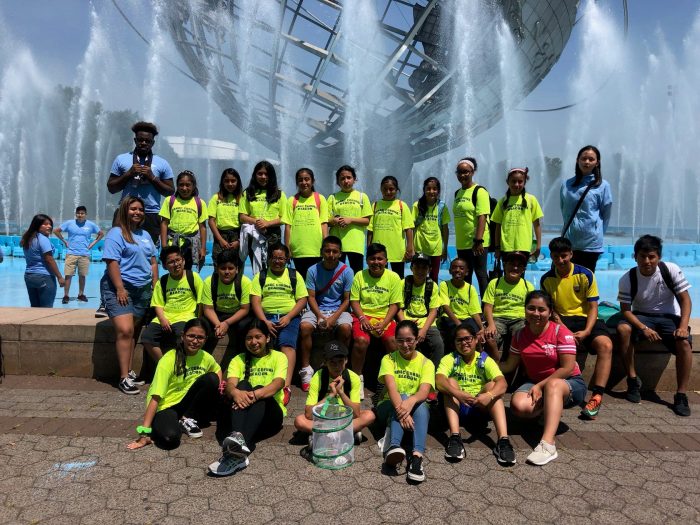
HANAC’s adult and family services offer several programs. Many of the services include ESL classes, immigration services and a weatherization program that fixes boilers in the homes of low-income New Yorkers.
Additionally, the organization has a substance abuse program and a family counseling program that receives referrals from the NYC Administration for Children Services (ACS). Bliagos said the family counseling program is vital for keeping together families experiencing varying levels of issues.
“When that referral comes from ACS, it’s a dire need that the family’s certainly facing some level of trauma and emergency. So, we step in, and we help those parents, keep the family unit together and get certain counseling for the kids and parents.” she said.
HANAC’s senior programs include transportation services to seniors in seven community districts. Other services also include document translation services. In addition to the senior programs, HANAC is currently an owner and developer of 650 units of senior affordable housing.
Bliagos said that the pandemic highlighted the vulnerability of the older adult population. “They are facing housing insecurity, financial insecurity, food insecurities and sometimes they’re facing health inequities,” she said. Currently the organization has three senior housing buildings spread across Astoria, Corona and Flushing.
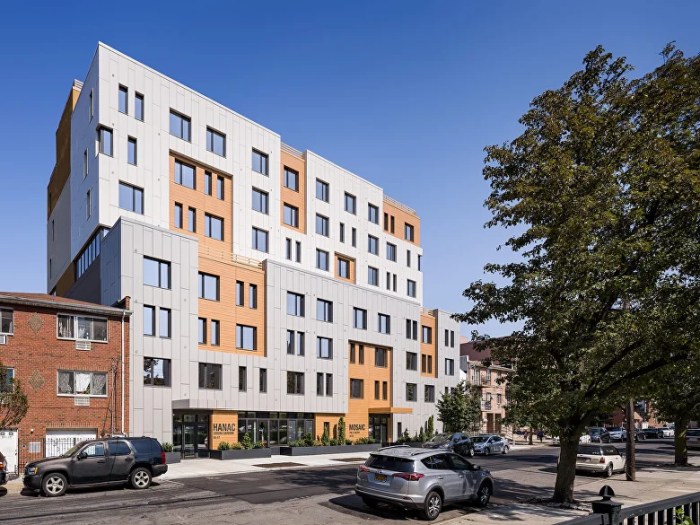
Bliagos said HANAC has won a Request for Proposal (RFP) with the city to build an additional building in Astoria, with development starting in the near future. The organization is also working to break ground on a development in White Plains. Seniors interested in the new developments can get help from HANAC to fill out an application. The application is listed on the city’s affordable housing lottery website titled NYC Housing Connect.
“When the project is almost 70-80% complete, the building becomes live on that website and people can start applying for it,” Bliagos said. HANAC will provide support services to seniors interested in applying through the affordable housing lottery when the housing developments are listed on the site.
Bliagos believes that it is important to get the word out to seniors that affordable housing and organizations like HANAC exist. She feels that older adults facing housing instability shouldn’t feel embarrassed to ask for help in applying for housing subsidies. “It’s important to break down that stigma and that stereotype. To say, don’t be embarrassed, you can come, and we can try and help you, “she said.
She said that as a society we have a duty to support and uplift older adults. “We all have to do our part as a community to help individuals…advocate for individuals that can’t advocate for themselves. I think as a society, we have a duty to help older adults, age with dignity and age in place in the communities that they’ve helped build,” she said.

